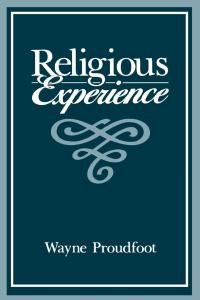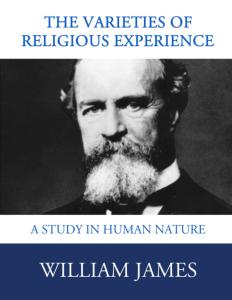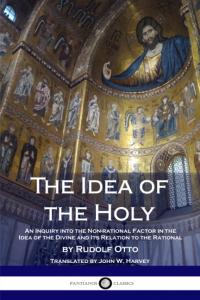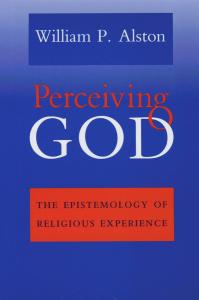Unveiling the Myth:
A Critical Analysis of Mircea Eliade's The Myth of the Eternal Return:
Cosmos and History
We are constantly seeking knowledge and understanding of the world around us. Whether in our respective fields or our personal lives, we are always looking for insights and perspectives that can enrich our understanding of the universe. In this pursuit, we often turn to books for guidance. One book that has captured the attention of many is Mircea Eliade's The Myth of the Eternal Return: Cosmos and History.
Eliade's book is a thought-provoking exploration of time and its relationship with human existence. Published in 1954, it continues to be a significant work in the field of religious studies. It has been translated into multiple languages, reaching a global audience. Here, we will delve deeper into Eliade's ideas and analyze the impact of The Myth of the Eternal Return" on our understanding of time and history.
The book begins with the premise that humans have a deep longing for the eternal, reflected in various cultures and religions through the concept of the "eternal return." Eliade argues that this desire for the eternal is fundamental to human existence and is rooted in our fear of time and its passage. He posits that humans have always sought to escape the linear concept of time and instead embrace the cyclical nature of the universe, where everything repeats itself endlessly.
Eliade explores this idea through the lens of various ancient cultures, including Hinduism, Buddhism, and ancient Near Eastern religions. He highlights how these cultures viewed time as a cycle and how their myths and rituals centered on the idea of eternal return. He also delves into how these ancient beliefs continue to influence modern-day societies, even though we may not realize it.
One of the book's key takeaways is that our understanding of history is shaped by our perception of time. Eliade argues that the modern concept of linear time, with a clear beginning and end, is a recent development and is not the only way to view time. He suggests that by embracing the concept of eternal return, we can better understand our place in the universe and our relationship with time.
The Myth of the Eternal Return challenges our conventional understanding of time and history. It forces us to think beyond the limitations of our modern perceptions. It also sheds light on the impact of cultural and religious beliefs on our perception of time and how these beliefs have shaped our understanding of the world.
Eliade's book is not without its critics, with some accusing him of romanticizing ancient cultures and their beliefs. However, it cannot be denied that The Myth of the Eternal Return is a thought-provoking and paradigm-shifting work that continues to influence our understanding of time and history.
In conclusion, Mircea Eliade's The Myth of the Eternal Return: Cosmos and History is for anyone seeking a deeper understanding of the concept of time and its relationship with human existence. It challenges our preconceived notions about time and history. It encourages us to look beyond the linear and embrace the cyclical nature of the universe. Eliade's insights will undoubtedly leave a profound impact on readers, making this book a timeless classic in the field of religious studies.






